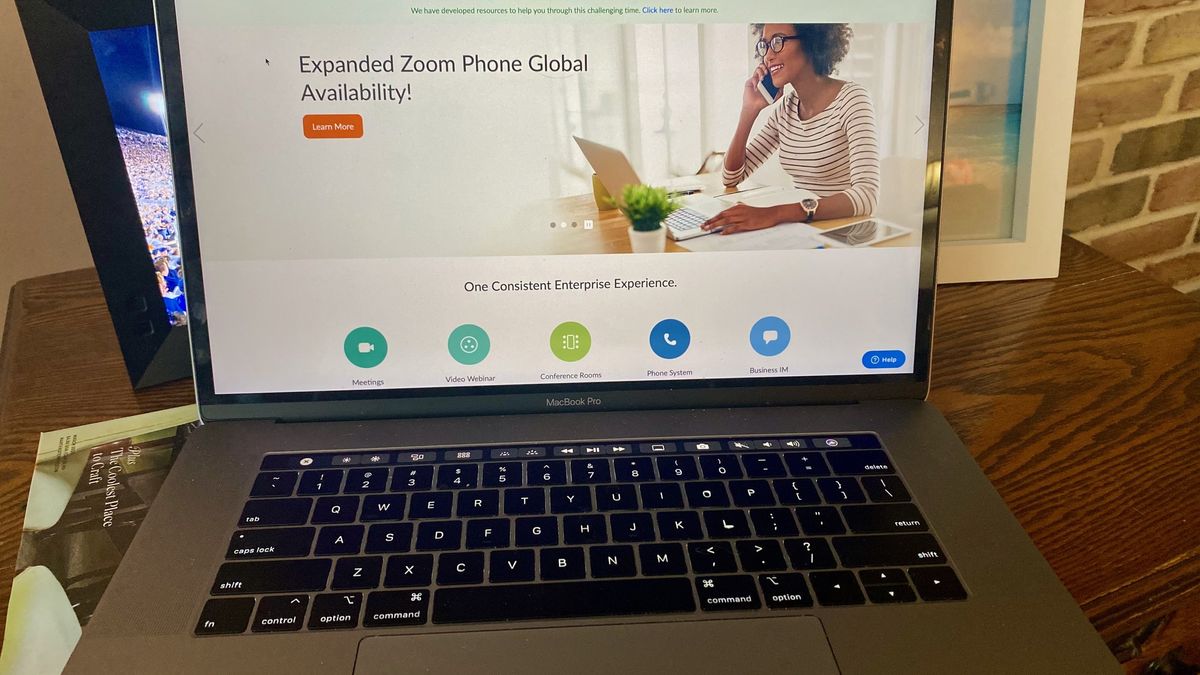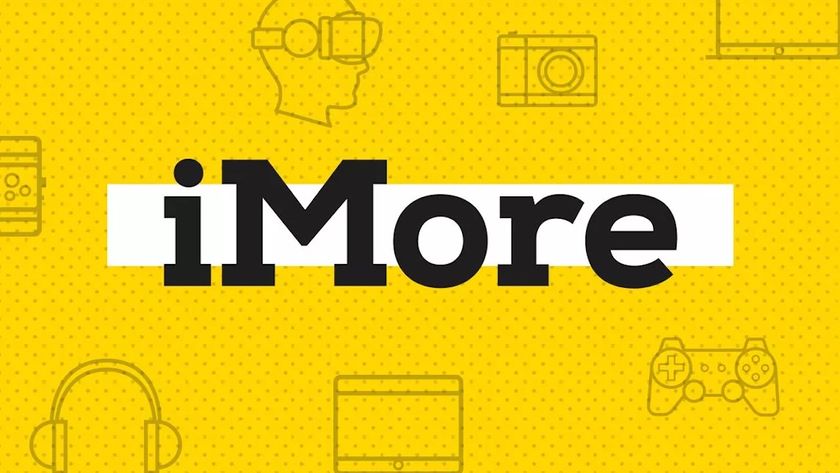Zoom's privacy issues: Here's what matters (and what's just FUD)

With nearly 90% of the Americans publicly forced to stay at home, it shouldn't come as a surprise that video-conferencing app Zoom has seen a surge in popularity. However, the company has been rightly criticized over privacy and security concerns. Despite this, there are vital benefits to using the software, especially during the pandemic. Better still, the company has recognized its growing popularity and has been quickly addressing many of the concerns.
What is Zoom?
Founded by a former Cisco Systems engineer, Eric Yuan, Zoom Video Communications provides remote conferencing services to both companies and individuals alike. Since launching in 2011, Zoom has steadily seen its footprint grow. So much so that it went public in 2019.
Zoom has long been noted for its ease of use and reliability versus competitor services like GoToWebinar, Cisco Webex, Adobe Connect, and others. That, along with its zero cost for video chats of up to 100 participants, has almost certainly led to its popularity. In mid-March, even before the pandemic spread nearly everywhere, Zoom use had grown over 67 percent since the beginning of the year, according to Apptopia, a mobile intelligence company.
Who's Using Zoom

Besides companies, which have been forced to go online due to the pandemic, Zoom has also seen rapid use rise in education. This comes as Zoom has temporarily removed the 40-minute time limit on free Basic accounts for primary and secondary school. Coast to coast, schools, including universities, have been forced to cancel classes or move them online.
Individuals, including Gen Z and Millennials, have also turned to the service, as have retirees who have become sidelined because of the worldwide stay at home push. Events like Zoom Blind Dates, Zoom Recess, and Zoom Parties have seen a spike in popularity.
About those privacy and security issues
Zoom has become a digital piñata in recent weeks as a string of privacy, and third-parties have discovered security holes. Among the iMore headlines you might have seen in recent weeks:
- Zoom for iOS sends your data to Facebook even if you don't have Facebook...
- Hacker finds another Zoom bug that can be used to take over your Mac
- Despite claims, Zoom calls are not end-to-end encrypted
Many of these issues have quickly been rectified as Zoom temporarily pivots away from product growth and concentrates on releasing bug fixes and other essential software updates. On April 1, Yuan said the company would enact a "feature freeze" for 90 days to focus on "trust, safety, and privacy issues."
Master your iPhone in minutes
iMore offers spot-on advice and guidance from our team of experts, with decades of Apple device experience to lean on. Learn more with iMore!
Among the positive changes being made is the permanent removal of an attendee attention tracker feature that could alert company hosts whenever a participant was nodding off or not paying attention to what was going on in a video chat. The company has also taken steps to eliminate "Zoombombing," which has occurred for some users. During these moments, uninvited trollers have visited Zoom chats and performed vile acts.
Was the criticism overblown?

iMore and the rest of the Future team (and others) have been critical about Zoom during the past few weeks as new privacy and security concerns have been discovered and rightfully so. Despite that, some of this might have been largely overblown. For one, understand there's no foolproof video chatting solution. And just because Zoom's failures have been the ones in the news lately doesn't mean security problems don't exist elsewhere. It's also entirely possible, though not yet proven, that Zoom's issues have been unfairly inflated because of its newfound popularity.
Additionally, Zoom deserves praise for jumping on and addressing these issues so quickly. Besides the quick work mentioned above, the company has also introduced a weekly "Ask Eric Anything" webinar, which allows users of any size to interact with the Zoom founder and CEO about security concerns.
Finally, it appears Zoom is just getting started with achieving its recently discovered commitment to creating the best and safest Zoom meeting experiences for its users. One future update, for example, will shift the location of a video chat encryption key from the company to the end-user. Apple and other tech companies are successfully using the same type of system.
What you can do
Software is never 100 percent secure. However, there are things you can do proactively to guarantee a more secure Zoom experience better. The most obvious solution is to install software updates when they become available. In the past four weeks alone, for example, Zoom has released five iOS app updates. The company has also recently added security to its macOS install.
Beyond this, users should be careful with how they are sharing meeting passwords and IDs. This sharing should be performed securely, for example through something like Apple Messages. Taking advantage of new security options, such as the recently introduced Waiting Room feature is also helpful. The feature allows the host to screen everyone before allowing them to enter a meeting.
For business and education users, there's also another tool you should use. Ask your organization's IT department whenever you have a concern and let them handle it.
Try an alternative but stick with Zoom if you want
We're living through a challenging time that no one anticipated. Social distancing is one of the most important ways we're being asked to assist in the effort to beat the coronavirus. Despite this, humans require interaction, especially in times like these. If you've been using Zoom to communicate with others, follow the suggestions we mentioned, and continue using the tool. It's simple to use, free for most people, and available across multiple platforms.
If you're still concerned, consider an alternative to Zoom. But, and I'll repeat it, no software is 100 percent secure.
Questions or concerns?
Let us know below any questions or concerns you may have about Zoom. We'll try to get back to you soon.

Bryan M. Wolfe has written about technology for over a decade on various websites, including TechRadar, AppAdvice, and many more. Before this, he worked in the technology field across different industries, including healthcare and education. He’s currently iMore’s lead on all things Mac and macOS, although he also loves covering iPhone, iPad, and Apple Watch. Bryan enjoys watching his favorite sports teams, traveling, and driving around his teenage daughter to her latest stage show, audition, or school event in his spare time. He also keeps busy walking his black and white cocker spaniel, Izzy, and trying new coffees and liquid grapes.


